Plants or Crops
All Plants or Crops Content
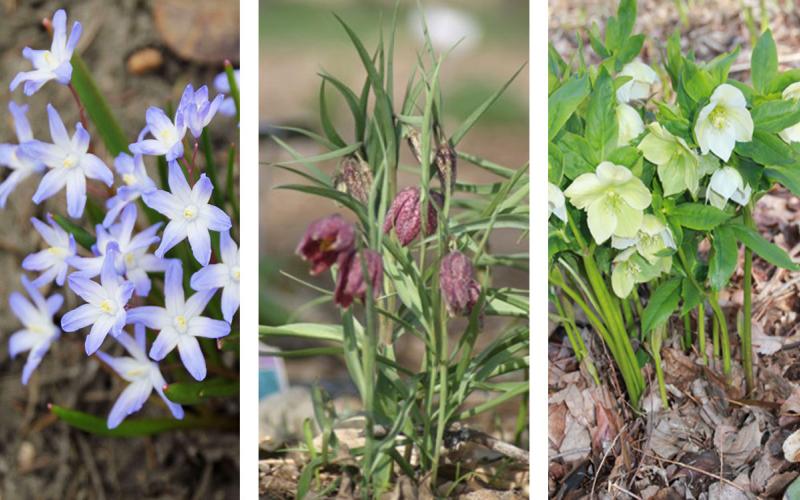
Early Spring Bloomers
From the delicate "Glory of the Snow" to the stunning "Lenten Rose," learn about some of the beautiful, lesser-known, spring-blooming perennial flowers that can be grown in South Dakota gardens.
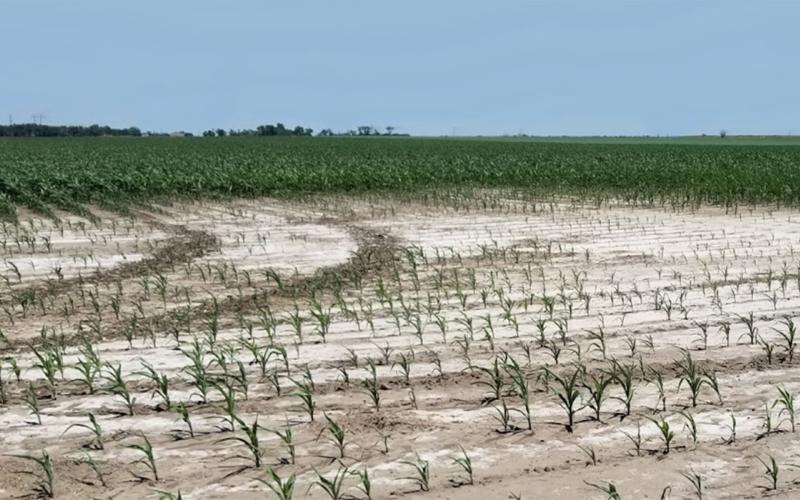
South Dakota producers share their stories with SDSU Extension’s Every Acre Counts program
April 05, 2023
SDSU Extension has released nine videos of producers sharing their experiences in the Every Acre Counts program.
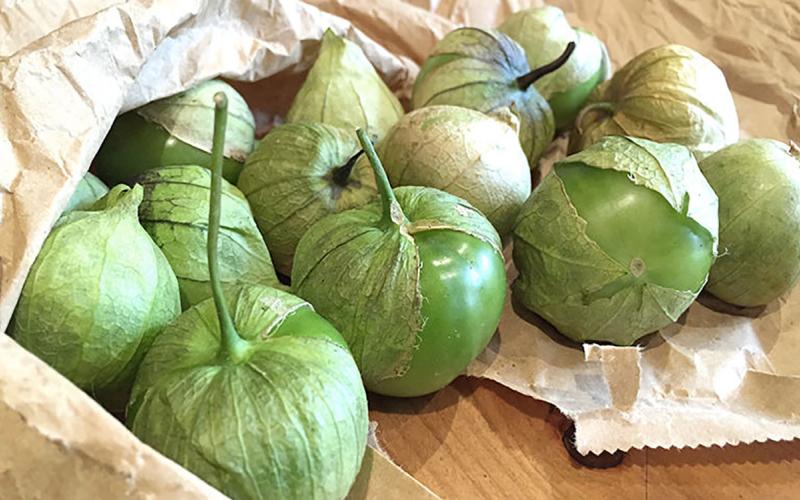
Tomatillos: Harvest and Storage
Tomatillos are an annual, warm-season crop with requirements similar to tomatoes. Learn how to select, grow, harvest and store them with this helpful guide!
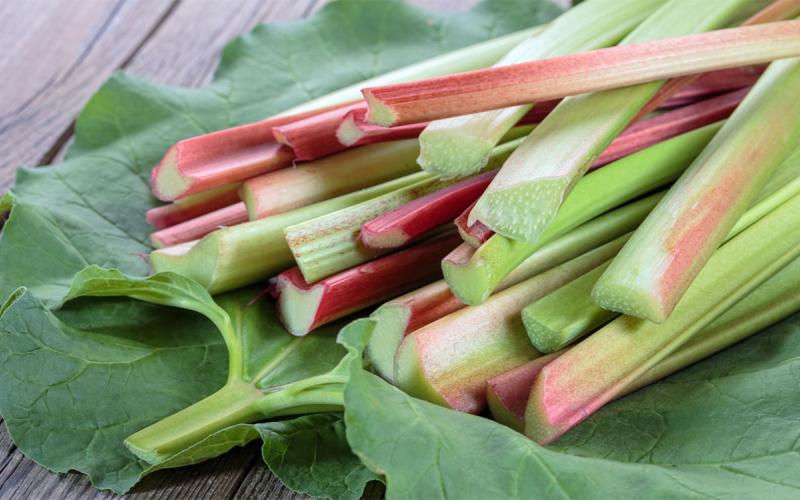
Rhubarb: Harvest and Storage
Rhubarb is a cool-season, herbaceous perennial commonly grown for its edible leafstalks. Learn how to select, grow, harvest and store rhubarb with this helpful guide!
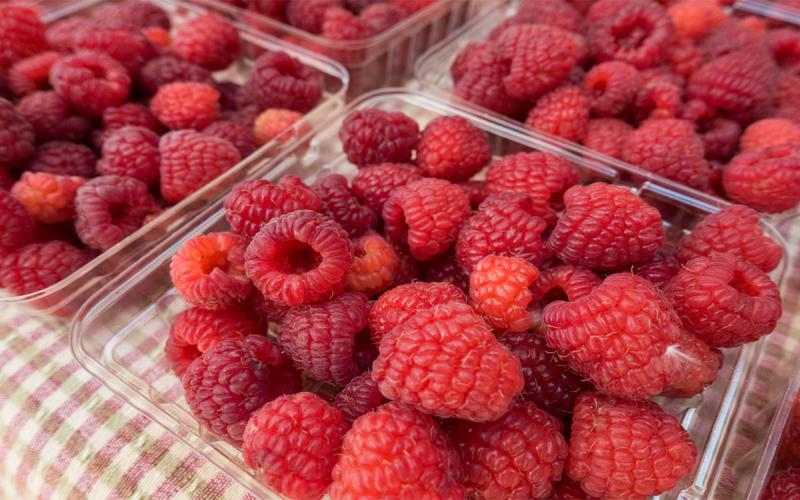
Raspberries: Harvest and Storage
Raspberries are a cool-season crop that produces fruit in the summer or fall depending on variety. Learn how to select, grow, harvest and store them with this helpful guide!
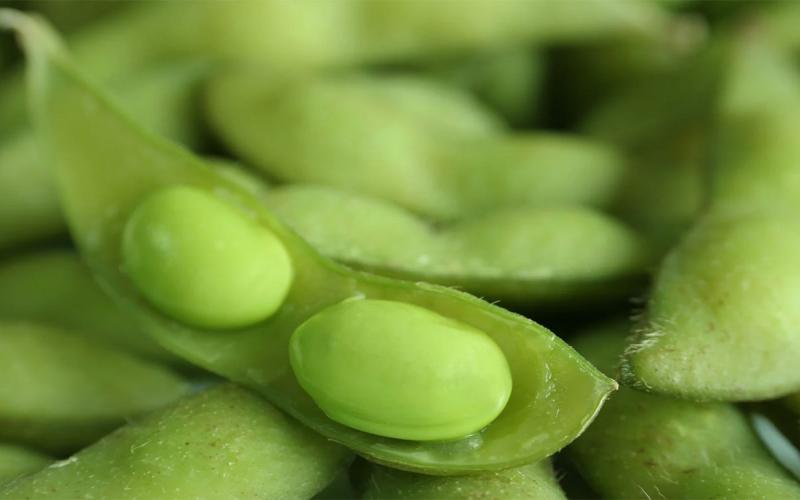
Edamame: Harvest and Storage
Edamame is the Japanese name for edible, immature soybeans, which are cooked prior to eating. Learn how to select, grow, harvest and store edamame with this helpful guide!

Table Beets: Harvest and Storage
Table beets are a colorful root crop that grows well during the spring and fall months in South Dakota. Learn how to select, grow, harvest and store them with this helpful guide!
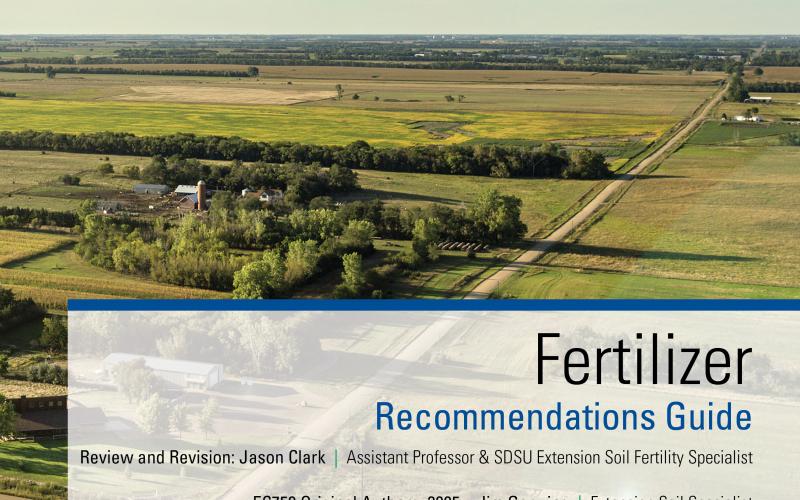
SDSU Extension releases updated 2023 corn nitrogen fertilizer rate guidelines
March 27, 2023
South Dakota State University Extension has updated the corn nitrogen Fertilizer Recommendations Guide to reflect lowered rate recommendations.
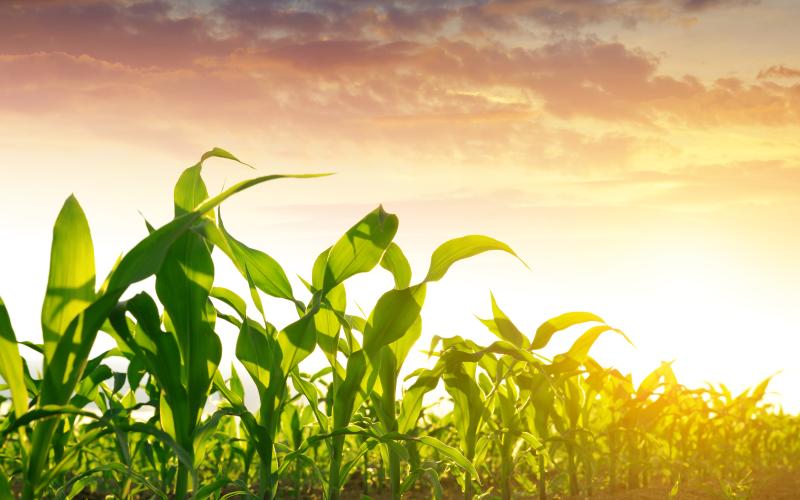
2019 Survey South Dakota Corn Nutrient Management Practices
Data from the 2019 survey South Dakota farmers was used to examine how local and operational characteristics such as geographic location within SD, tillage practice, and farm size were related to the adoption of various nutrient management practices.
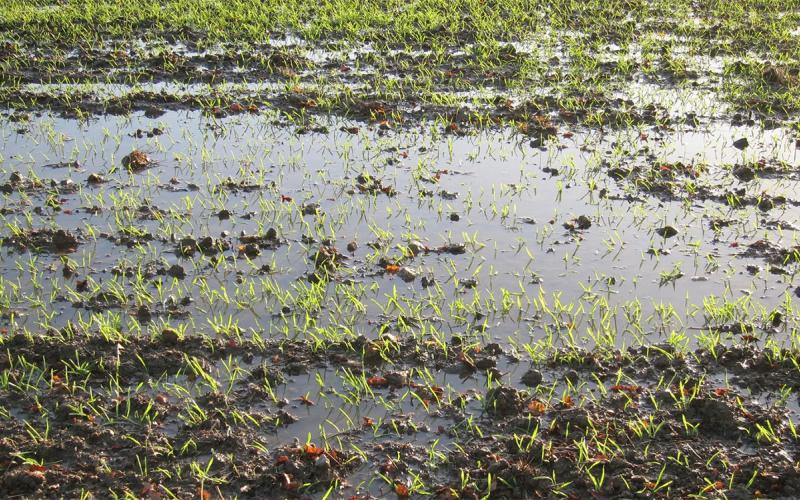
Effects of Spring Flooding in Winter Wheat
Every winter, growers are curious if their winter wheat will survive the winter. Learn some key factors that determine plant survival along with tips for assessing your fields this spring.